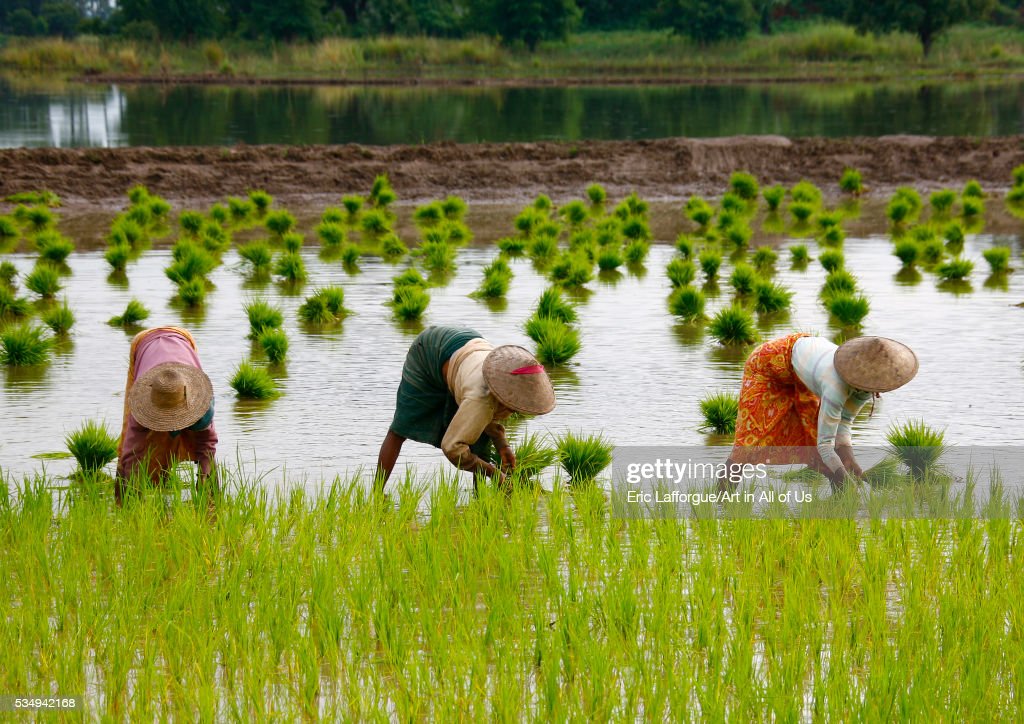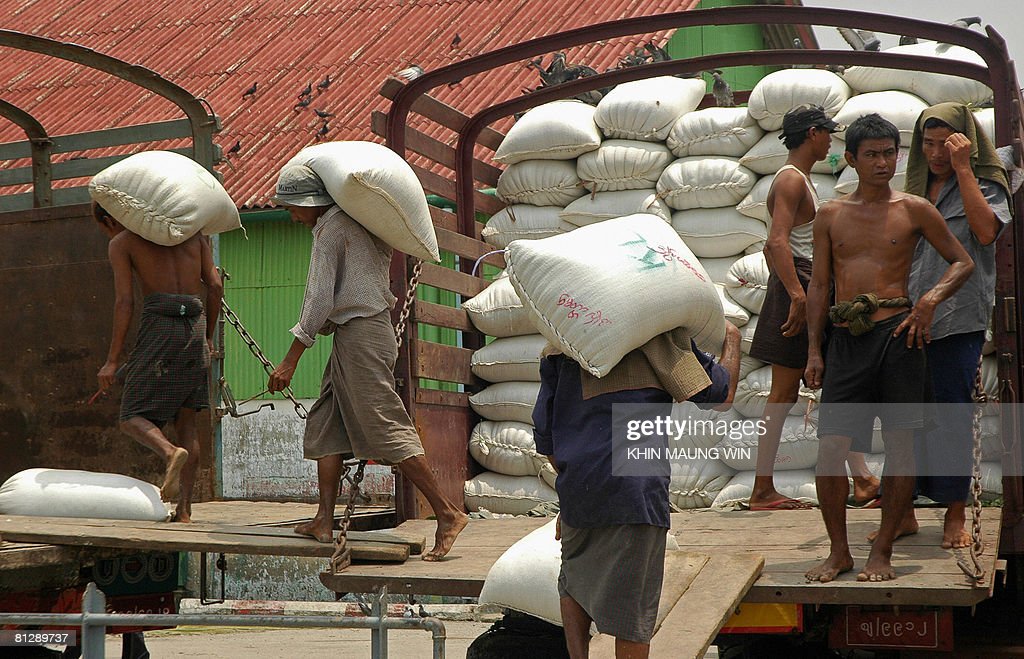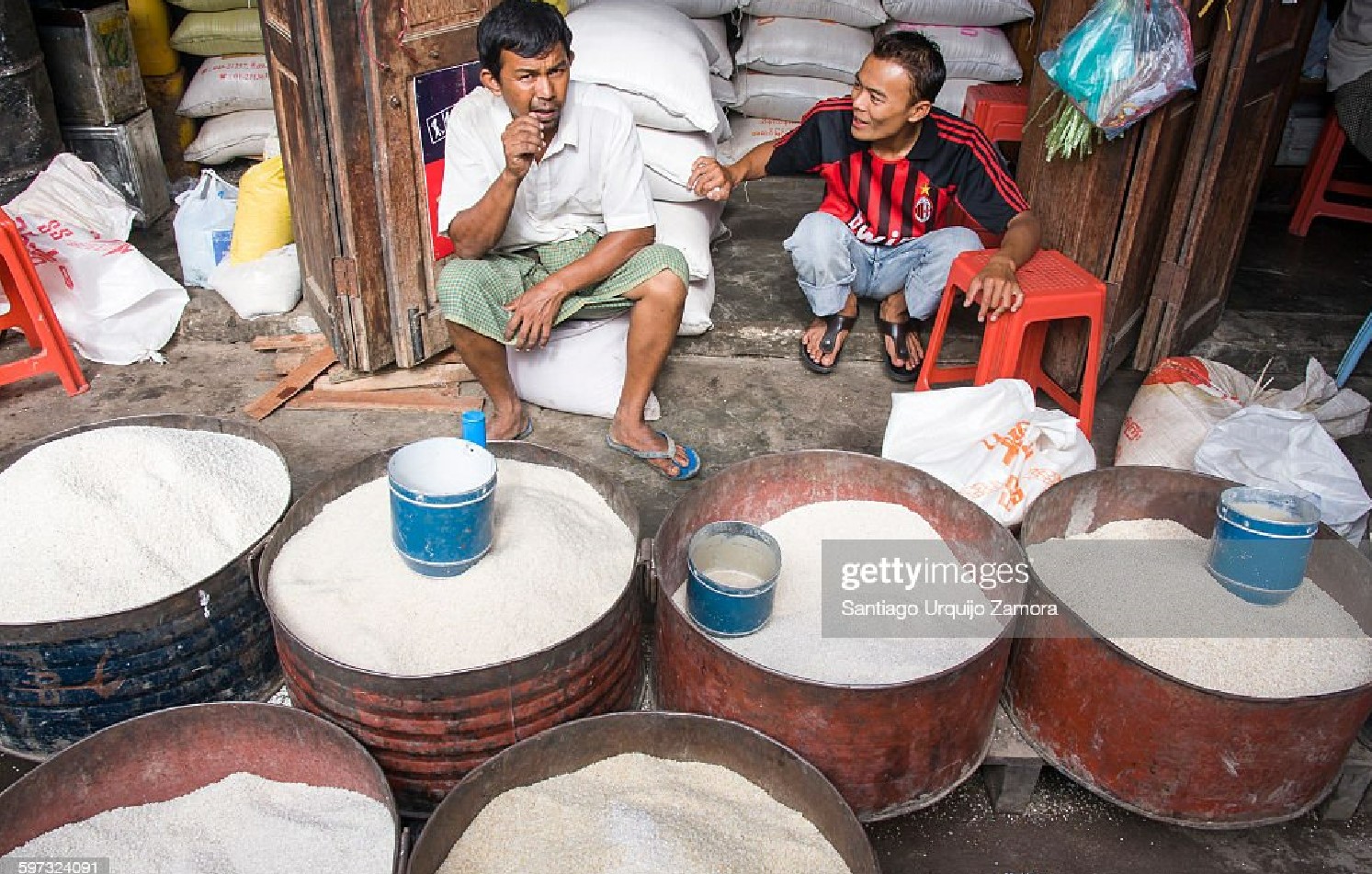CNI News
17 Mar 2023
The new rice law should not impose restrictions on farmers, according to them.
The State Administration Council has issued the draft of the new rice law for the domestic sufficiency of rice and systematic exports.
Although the law was drafted for systematic exports of rice, it is important that the law does not create side effects for farmers and restrictions on rice exports are likely to have an impact on farmers, Chairman U Thein Aung of the Farmer Development Association told the CNI.
He said, "They said the rice law aims to regulate rice exports and to take action against tax evasion from rice exports. However, the law should not impose unnecessary restrictions on farmers. If the law was drafted with good aims without affecting outputs, the ministry should enact the law. We have always urged authorities not to restrict farmers. We cannot tell them not to enact laws but we will have to talk about the consequences of laws, rules and policies. We will have to think about whether the laws impose restrictions on farmers. However, we will get higher paddy prices when rice can be exported."

Farmers.
Although it is necessary to enact the rice law, the government should focus on issues encountered by farmers such as reduction of high costs of inputs, fuel and commodities, according to farmers.
As the draft law stipulates that a reserve rice purchasing committee shall be formed, it is important to purchase and resell reserve rice after considering the harvesting season and prices in the market, according to farmers and rice merchants.
Only then, will it be fair for farmers and consumers, they added.

Loading rice.
The draft law also says that reserve rice will be resold when rice prices are very high. However, it is necessary to resell reserve rice at reasonable prices and rice exports will not be affected by the law, an official from the Myanmar Rice Merchants Association told the CNI.
He said, "We need a rice law. Merchants want to export rice without restrictions. However, they should be fair. The law aims to control the market with reserve rice when rice prices rise significantly. They will monitor rice milling and trading. Prices should be reasonable in the market. It will not have an impact on rice exports. Exchange rates will have impacts on small exporters."
The draft law has 10 chapters and 51 provisions and regulates rice exports, taxation on rice mills, storage and production of quality rice.
If the draft law imposes restrictions on the market, the rice industry will come to a halt and farmers are likely to reduce cultivation acreage, farmers said.
The draft law is under discussion in Yangon and Pathein and plans are underway to hold discussions over the draft law in major rice cultivation areas including Nay Pyi Taw and Mandalay from March to early April, according to the Myanmar Rice Federation.




